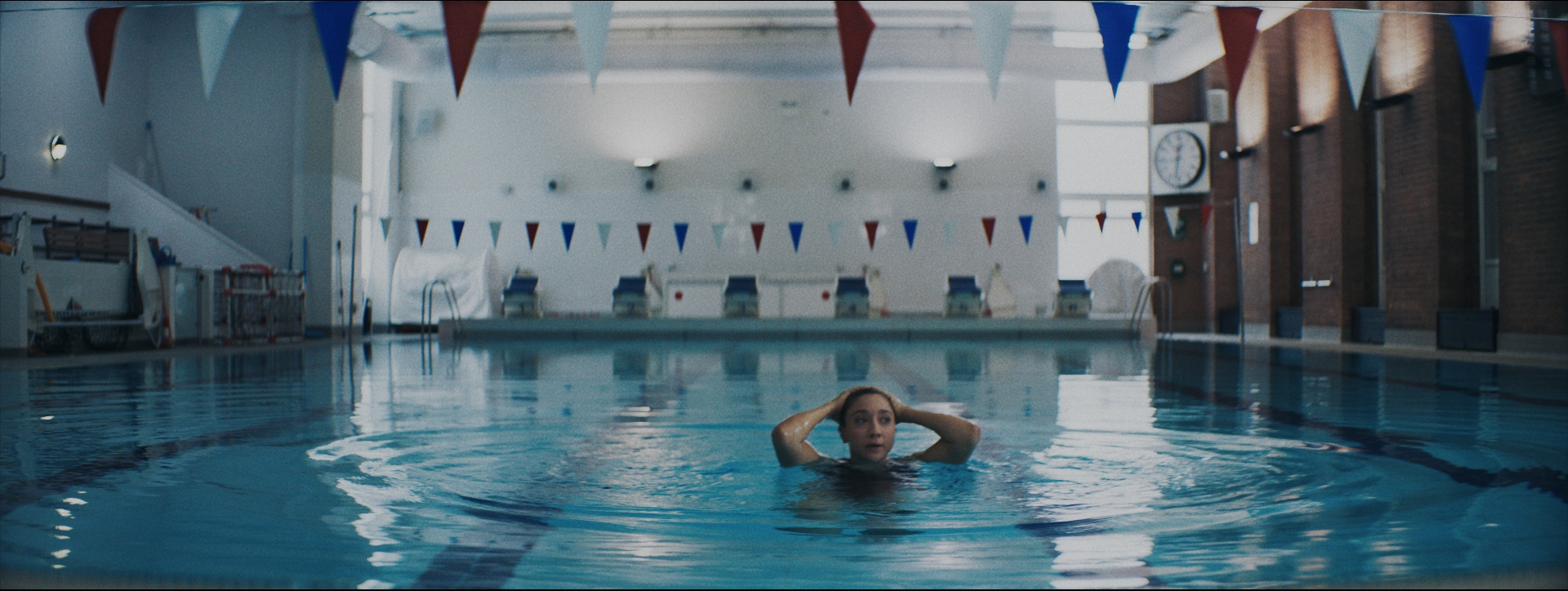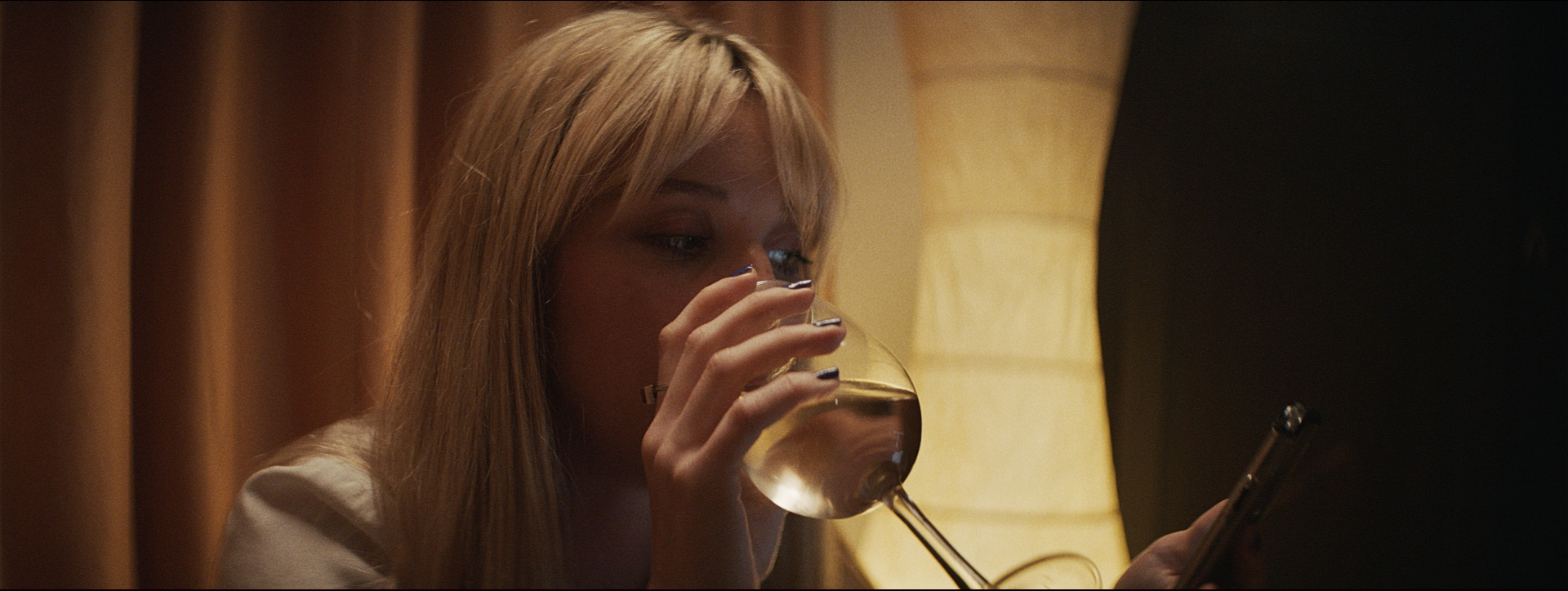If someone asked you to conjure up images of addiction, the furthest thing from your mind would probably be how much prosecco you and your friends managed to finish off on Friday night. If you were asked to identify a destructive behaviour, you might not think of the time you drank a whole bottle of wine on your own and then called your ex crying (not for the first time either). When you think about problem drinking, you might not immediately link that to drinking too many G&Ts at a party and then waking up the next day with ‘the fear’, a visceral hungover embarrassment of imagining what you did and said while drunk. But those kind of casual yet harmful behaviours are exactly what director Lily Rose Thomas explores in her new short film, Girls Who Drink.
It tells the interwoven stories of three different women who all struggle with alcoholism of varying levels. Their stories are united in that, to the public, their destructive behaviour is normalised by heavy drinking culture. It’s a familiar story, and one that hits close to home for Lily. “I was inspired to make Girls Who Drink by my own experiences with drinking and drinking culture. Heavy drinking is really normalised — it’s almost more normal to say that you get absolutely wasted than it is to say you don’t drink at all.”
“From my experience, that kind of normalising can make it hard to admit, or even get across that you’re struggling. For some people it’s not an option to drink less. They’re stuck in cycles of destructive behaviour, even though nothing outwardly seems wrong.”

Although the subject matter is heavy, Girls Who Drink resists sensationalising alcoholism, instead conveying a subtle and nuanced portrayal of inner turmoil over how much each character drinks and how they process their drinking and regret once they sober up. “I didn’t want to show drunkenness as falling down and throwing up,” Lily tells us. “I wanted it to be more like what’s in your head. I wanted the dialogue to be improvised too, to reflect the embarrassing things you might say in chaotic and desperate drunken moments, like oversharing or making plans you’ll never stick to.”
The three actresses in Girls Who Drink embody this subtlety too. They’re not exaggerated stock images of alcoholics or a female addicts that we’ve been conditioned to see by the media. “Historically our treatment of female addicts hasn’t been very kind,” says Lily. “So often stories of female addicts are framed in a way that presents them as a tragic, fallen woman. We judge the consequences of addiction without asking why these women became addicted in the first place. Often old fashioned stereotypes of what an addict looks like can enable people to not accept that they could have a problem. It’s a hidden problem, because no one really wants to talk about it properly.”

Encouragingly, how we view addiction, particularly in young women, is improving. In Sharp Objects Amy Adams plays a character similar to those Lily explores in Girls Who Drink — a restrained, silently struggling alcoholic. Equally our attitude to alcohol abuse in general is improving, with recent studies claiming that young people are drinking less than ever. But, as Lily says, we still have a long way to go. “Apparently Gen Z aren’t drinking at all, but from my experience, alcohol is definitely still used as a social crutch,” she says. “Almost all social get-togethers and interactions involve alcohol. It’s got to the point where you’re even offered prosecco at the hairdressers.
“Drinking is equated with being fun, and if you don’t drink you’re boring. And look, drinking can be really fun, but for some people, it stops being fun at all. As a culture we need to realise that alcoholism doesn’t look just one way. That way we can at last stop normalising destructive, problematic behaviour.”
